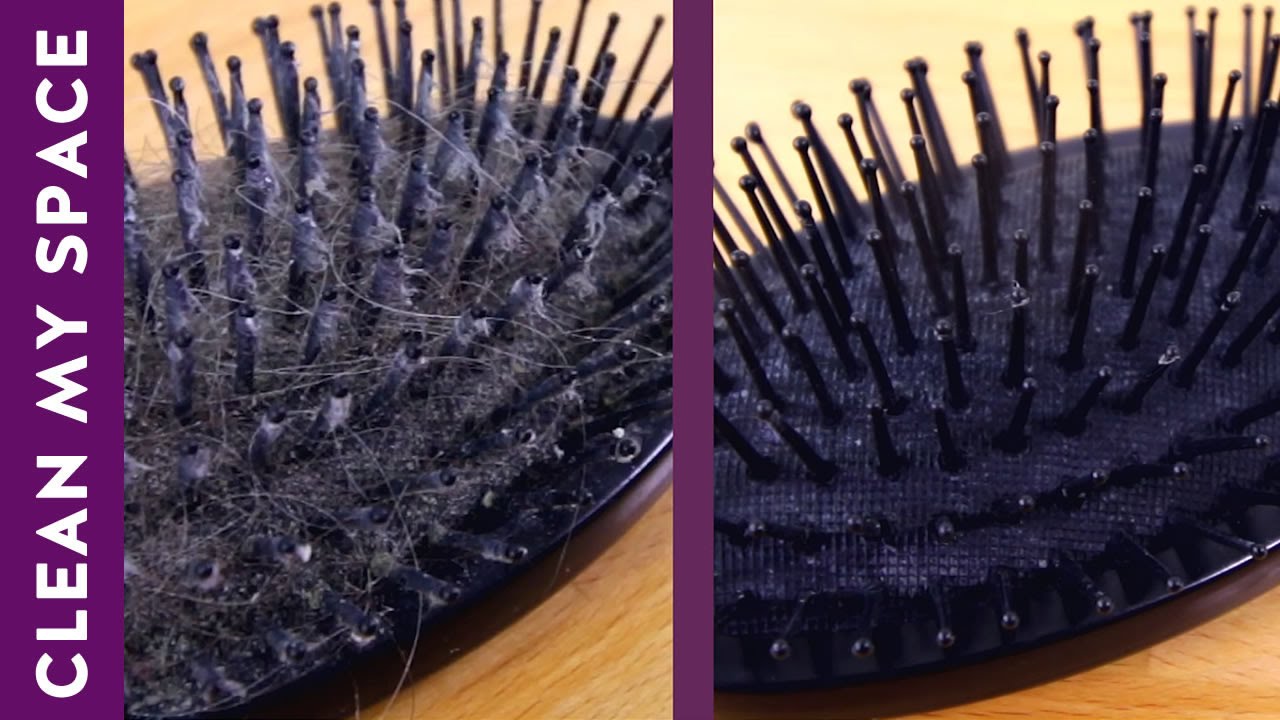
Effective Ways to Get Smell Out of Clothes in 2025

Discovering unpleasant smells in your clothes can be frustrating. Whether it’s due to workout sessions, pet mishaps, or simply a musty closet, knowing how to remove smell from clothes efficiently is essential. In 2025, freshening your garments is easier with innovative techniques and household items at your disposal. This article will guide you through the best methods to eliminate odors from fabric, ensuring your attire smells as good as new.
Understanding How Smells Develop in Fabrics
Understanding the root cause of fabric odors plays a vital role in effectively combating them. Clothes can develop smells due to various factors, including moisture, sweat, and bacteria. Natural fabrics tend to absorb more odor-causing elements compared to synthetic options. Therefore, employing laundry tips for odors is a necessary step in maintaining a fresh wardrobe. Moreover, fabrics trapped in damp environments become a breeding ground for bacteria and mildew, which leads to persistent and unpleasant odors.
The Role of Bacteria and Mold in Odor Formation
Bacteria thrive in wet environments, metabolizing the sweat from our skin or the oils from our hair and turning them into odor. Mold, similarly, can form on fabrics if they aren’t allowed to dry properly. Hence, understanding how to treat sweat odor and how to remove mildew odor is crucial for maintaining the freshness of your garments. For optimal results, keep your clothing dry and airflow consistent while storing them. This proactive approach can significantly reduce odor in garments.
Common Sources of Smells
Identifying the source of smells in clothes is essential. Workout clothes often retain a pungent smell due to bacteria and perspiration. Conversely, clothes stored away for long periods might develop a musty smell in the closet. Use effective deodorizing methods for fabric to combat moisture buildup and rougue scents. Also, persistent odors can originate from pets or smoke exposure, which necessitates specialized treatment. Knowing these key factors aids in selecting the right strategies to eliminate odors from fabric.
Proven Techniques to Deodorize Clothes
Now that we understand how odors develop, let’s explore various techniques to get smell out of clothes. Each method offers unique benefits and can be selected based on household products available. One popular technique includes washing clothes with vinegar, a powerful natural deodorizer that can neutralize smells effectively.
Using Baking Soda for Smell Removal
Baking soda is a common household item renowned for its deodorizing power. To harness its effectiveness, add one cup of baking soda to your laundry load. It works by absorbing unwanted odors while fighting bacteria. For best results, pair it with your usual detergent as a significant ally in odor elimination. Additionally, baking soda helps soft fabrics, keeping your clothes fresh and clean even after multiple washes. This combination is a reliable solution for refreshing gym clothes and combating odors in workout attire.
Essential Oils for Freshening Fabric
For those who prefer a pleasant scent in addition to odor removal, implementing essential oils for freshening fabric offers an aromatic solution. Simply add a few drops of your favorite essential oil, like lavender or tea tree, to a cotton ball and place it in the dryer during the drying cycle. This method provides not just freshness but also antibacterial properties. However, be cautious with the quantity to avoid overwhelming your clothes with scent. Essential oils can work wonders when included in washing methods to eliminate odors while offering a distinctive, refreshing fragrance.
Natural Fabric Fresheners and Household Remedies
In 2025, the trend toward eco-friendly products extends to fabric fresheners. Opting for natural fabric fresheners can yield exceptional results without the harm chemical solutions can cause. Explore homemade remedies using ingredients like vinegar and water solutions, or try infusing water with citrus peels that can naturally deodorize while giving a fresh scent.
Vinegar Wash for Smelly Items
A vinegar wash remains a classic and effective strategy for smelly garments. Simply mix one-part white vinegar with four parts water in a spray bottle, lightly mist the affected area, then wash as usual. This technique works particularly well on fabrics that have absorbed food odors, smoke, or mildew. The acetic acid in vinegar helps neutralize strong smells, leaving behind fresh and breathable fabrics. Plus, vinegar acts as a natural softener, preventing static and increasing the longevity of your clothes.
DIY Odor Removal for Textiles
Crafting your own odor removal solutions can be satisfying and effective. Combine water, baking soda, and a few drops of essential oil in a spray bottle to create a fabric spray for odor removal. Lightly spritz onto the fabric, and allow to air dry. This DIY method not only helps in the rapid elimination of odors but also ensures that you use only safe and natural ingredients on your treasured clothes. Routine application can greatly improve your overall laundry experience.
Best Practices for Odor-Free Laundry
For long-term freshness, integrating specific washing techniques for odorous fabrics into your laundry routine can yield remarkable outcomes. Proper maintenance not only helps in odor control but also extends the durability of your textiles.
Machine Wash Tips for Odor Removal
Utilizing the correct water temperature is vital in washing clothes to get rid of smell effectively. Cold water can help in preserving fabric integrity, but using hot water has proven to be more effective in combating stubborn odors. Be informed about fabric care requirements; natural versus synthetic fabrics may require different cleaning agents. Moreover, avoid overloading your washing machine, as it limits proper agitation, reducing the effectiveness of odor absorption and removal.
Air Drying Methods to Eliminate Odors
After washing, an air-drying method can be instrumental in keeping clothes smell-free. The fresh outdoor air contains various elements that naturally combat lingering odors in fabrics. If outdoor drying isn’t feasible, use ventilation techniques; for indoor spaces, hang clothes by windows for airflow exposure. Using dryer balls can expedite the drying process and help boost freshness, as they promote air circulation. Ultimately, maintaining proper airflow during the drying process can significantly hinder any further odor buildup, keeping your laundry smelling its best.
Key Takeaways
- Identify the source of odors in clothes for effective treatment.
- Use household items such as vinegar and baking soda for odor removal.
- Implement natural fabric fresheners and DIY solutions for a chemical-free approach.
- Maintain good laundry practices, including proper machine settings and air-drying.
- Regularly inspect clothes for moisture and address any odor issues immediately.
FAQ
1. How do I remove mildew smell from clothes?
To remove mildew smell, wash affected clothes with a solution of 1 cup of white vinegar in a regular wash cycle. Make sure to dry them outdoors for maximum freshness. This method effectively helps *eliminate odors from fabric* while ensuring cleanliness.
2. Can I use essential oils in my laundry?
Absolutely! Adding essential oils to your laundry can infuse pleasant scents while also having antibacterial properties. Simply add a few drops during the rinse cycle or onto dryer balls for best results.
3. What are some effective methods for freshening gym clothes?
For gym clothes, pre-soak them in a vinegar wash or add baking soda during the wash. This will combat stubborn odors, ensuring your items remain fresh and presentable after each workout.
4. Why do clothes smell after washing?
Clothes may smell after washing due to leftover detergent, detergent buildup, or failing to dry properly. Ensuring that the wash is well-rinsed and that fabrics are dried immediately can help remedy this issue.
5. What should I use for cleaning delicate fabrics?
For cleaning delicate fabrics, opt for gentle detergents and cold water settings. Avoid using essential oils or strong vinegar solutions, as they can irritate more sensitive materials. Look for specialized detergents designed for such fabrics for safe cleaning.
